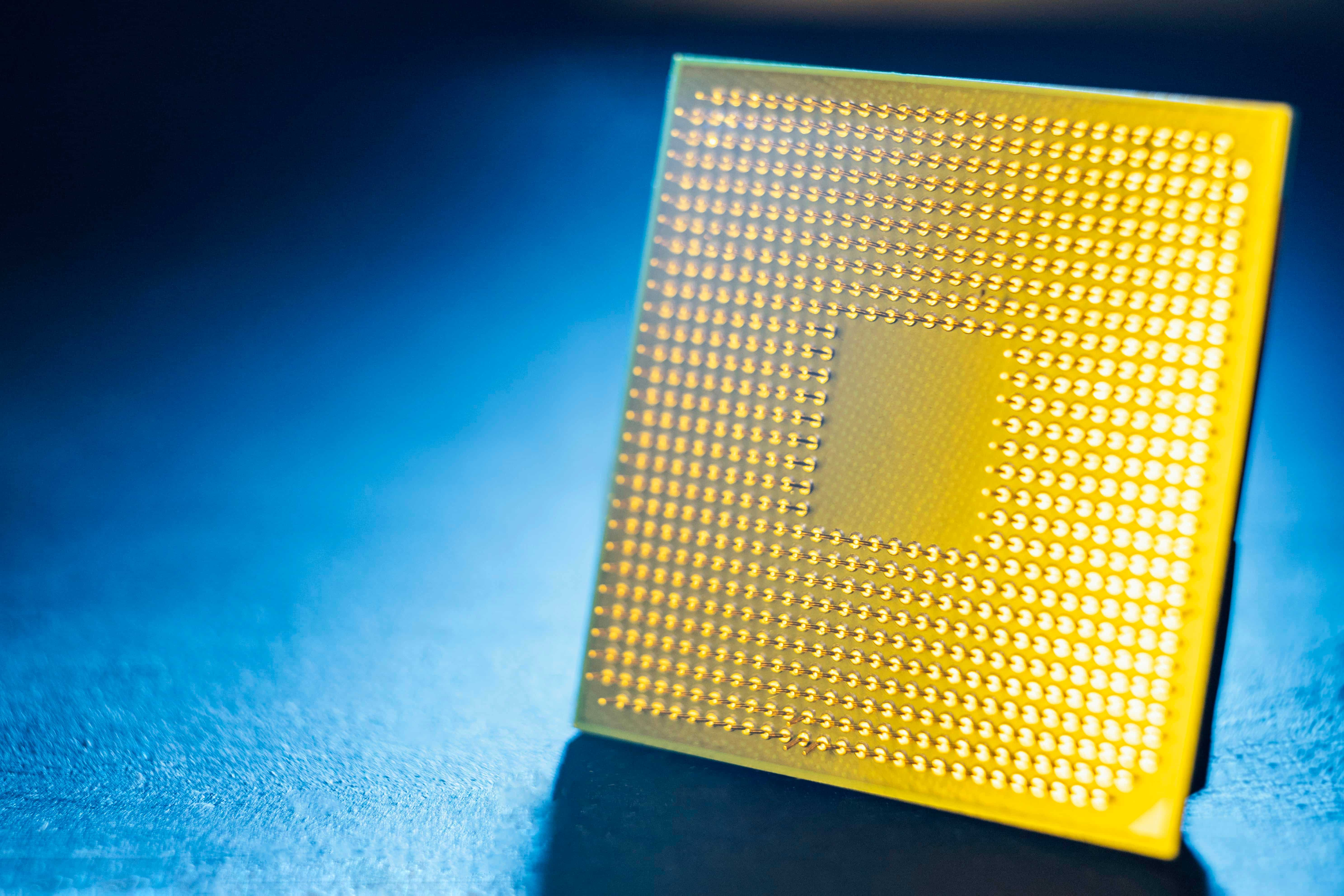AI technology is increasingly helping scientists accelerate research across fields including biology, mathematics, physics, and computer science. Early GPT‑5 studies show it can synthesise information, propose experiments, and aid in solving long-standing mathematical problems.
Experts note the technology expands the range of ideas researchers can explore and shortens the time to validate results.
Case studies demonstrate tangible benefits: in biology, GPT‑5 helped identify mechanisms in human immune cells within minutes, suggesting experiments that confirmed the results.
In mathematics, GPT‑5 suggested new approaches, and in optimisation, it identified improved solutions later verified by researchers.
These advances reinforce human-led research rather than replacing it.
OpenAI for Science emphasises collaboration between AI and experts. GPT‑5 excels at conceptual literature review, exploring connections across disciplines, and proposing hypotheses for experimental testing.
Its greatest impact comes when researchers guide the process, breaking down problems, critiquing suggestions, and validating outcomes.
Researchers caution that AI does not replace human expertise. Current models aid speed, idea generation, and breadth, but expert oversight is essential to ensure reliable and meaningful scientific contributions.
Would you like to learn more about AI, tech and digital diplomacy? If so, ask our Diplo chatbot!









